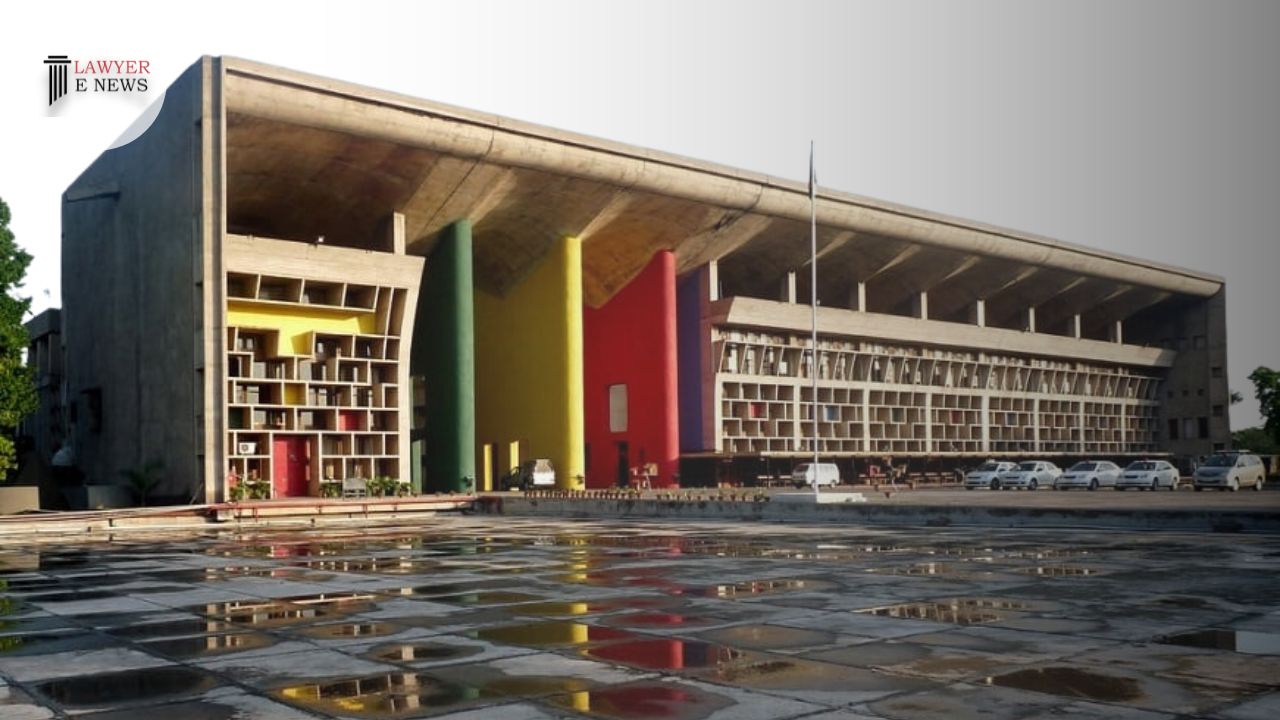-
by sayum
19 February 2026 7:24 AM



In a significant ruling, the Punjab and Haryana High Court, in a case titled Gulbaz Singh v. State of Punjab, has established guidelines for ordering re-trials in criminal cases. Justice Jasjit Singh Bedi, presiding over the case, delivered the judgment on 9th May 2023. The Court emphasized that re-trials should be ordered only in exceptional circumstances where the trial court lacked jurisdiction, serious illegalities or irregularities affected the trial, or material evidence was prevented from being presented.
The case revolved around Gulbaz Singh, who was accused of possessing and using a forged SC Certificate. Following the investigation and trial, Gulbaz Singh was acquitted by the Chief Judicial Magistrate, Gurdaspur, on 1st October 2016. However, the State filed an appeal against the acquittal, resulting in the impugned order passed by the Additional Sessions Judge, Gurdaspur, on 5th March 2018. The order set aside the acquittal and remanded the case back to the Trial Court, directing the examination of witnesses for proving certain documents.
Mr. Vipin Mahajan appeared as the counsel for the petitioner, while Ms. Ramta K Chaudhary represented the State of Punjab.
The crux of the issue was whether the re-trial ordered in the case was justified. The petitioner's counsel argued that re-trials should only be ordered in exceptional cases, and no exceptional circumstances had been demonstrated to warrant a re-trial. Instead, the Appellate Court could have resorted to Section 391 of the Code of Criminal Procedure (Cr.P.C.), which deals with the taking of additional evidence. The counsel relied on various case precedents, including Ukhe Kolhe v. State of Maharashtra and Satyajit Banerjee v. State of West Bengal, to support their contention.
On the other hand, the State's counsel contended that certain documents crucial to the case had not been properly proved due to the prosecution's fault. They argued that the impugned order was justified in rectifying this omission.
After considering the arguments, Justice Jasjit Singh Bedi delved into the provisions of Section 386 and Section 391 of the Cr.P.C. The Court highlighted that re-trials should be exceptional and ordered only in specific circumstances outlined in Section 386. In cases where additional evidence was required, the proper course for the Appellate Court was to resort to Section 391, which provides for the taking of additional evidence.
The Court cited case precedents, including Pashori Lal v. Punjab State and M/s Chennakesha Bandage v. State of A.P., to underscore the limited scope for re-trials and the necessity for exceptional circumstances. It emphasized that re-trials should not be ordered to fill gaps in the prosecution's case but only when justice demands it due to jurisdictional issues, serious irregularities, or the prevention of material evidence.
In light of the above analysis, the Court set aside the impugned order and directed the Sessions Court to decide the appeal on its merits. The Appellate Court was instructed to resort to Section 391 of the Cr.P.C. if additional evidence was deemed necessary. Given that the FIR in this case dates back to 2011, the Sessions Court was directed to dispose of the matter within six months from the receipt of the judgment.
This landmark judgment by the Punjab and Haryana High Court provides clarity on the circumstances under which re-trials can be ordered and reinforces the importance of adhering to proper procedures, as outlined in the Code of Criminal Procedure. The ruling is
expected to have a significant impact on future cases involving the need for re-trials, ensuring that the process is invoked only in exceptional situations to safeguard justice and minimize undue delays.
Decided on: 09.05.2023
Gulbaz Singh vs State of Punjab
